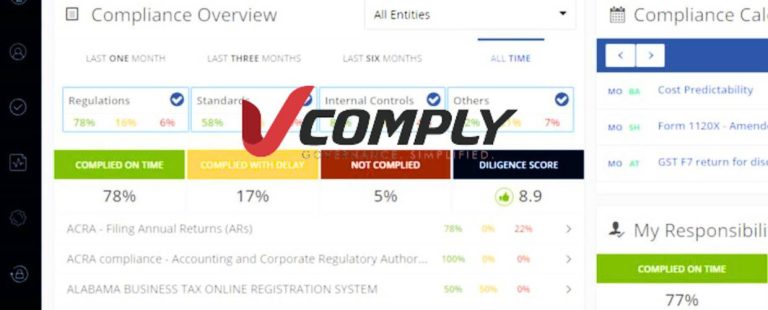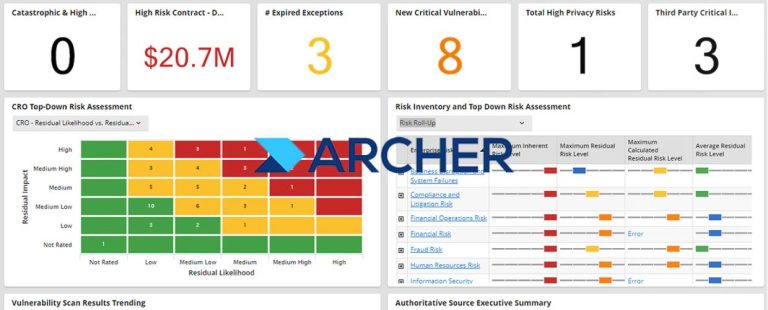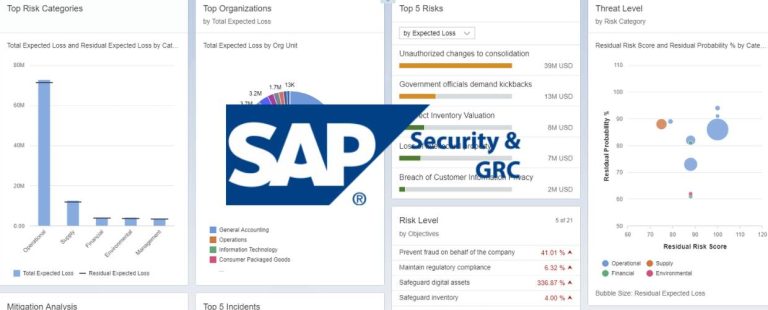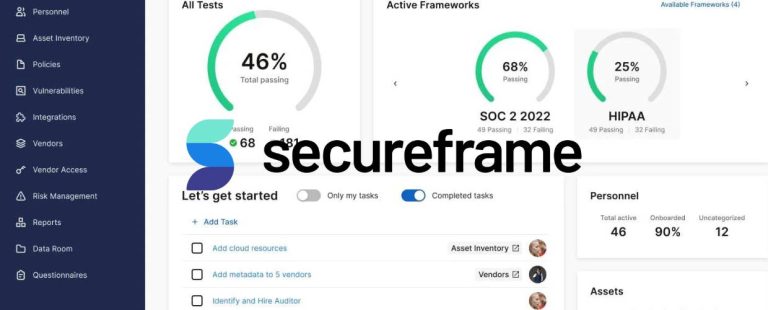Data has become an indispensable asset for organizations seeking a competitive edge and strategic advantage in the modern business landscape. Effectively collecting, analyzing, and interpreting data is crucial for making informed decisions and driving business growth. SAP Business Intelligence (SAP BI) is a comprehensive suite of tools and solutions developed by SAP AG, a leading enterprise software company. This article explores the concept of SAP Business Intelligence, its key features, benefits, and how it enables organizations to make data-driven decisions for success.
Understanding SAP Business Intelligence
SAP Business Intelligence, formerly SAP Business Objects, is a collection of integrated software solutions that facilitate data analysis, reporting, and visualization. At its core, SAP Business Intelligence is a business intelligence platform enabling organizations to access and transform data from various sources into meaningful insights. These insights give decision-makers real-time information, enabling better decision-making and strategic planning. SAP Business Intelligence empowers businesses to harness the power of data by providing advanced analytics, data visualization, and reporting capabilities.
The suite encompasses a range of powerful tools, each catering to specific data needs.
- SAP Analytics Cloud: A cloud-based analytics platform that combines business intelligence, augmented analytics, and planning capabilities. SAP Analytics Cloud enables users to visualize, analyze, and share insights from diverse data sources in a collaborative environment.
- SAP Lumira: A data visualization tool that allows users to create interactive charts, infographics, and dashboards with drag-and-drop functionality. SAP Lumira makes it easy to understand complex data and identify patterns effectively.
- SAP Web Intelligence: A robust reporting tool that provides ad-hoc query and analysis capabilities. Users can create pixel-perfect reports, perform data slicing and dicing, and share information securely.
- SAP Crystal Reports: A powerful reporting tool that enables organizations to design, explore, visualize, and deliver reports via the web or embedded in enterprise applications.
Key Features of SAP Business Intelligence
SAP Business Intelligence is a powerful tool that helps organizations make data-driven decisions. Its key features include advanced analytics, real-time reporting, and predictive modeling.
- Data Integration: SAP Business Intelligence allows seamless data integration from different sources, including databases, spreadsheets, and cloud applications. This data consolidation ensures a single source of truth, reducing data silos and ensuring accurate analysis and reporting.
- Data Visualization: SAP Business Intelligence provides powerful data visualization tools that enable users to create interactive charts, graphs, and dashboards. The visually appealing presentations help stakeholders understand complex data quickly and identify trends and insights.
- Self-Service Analytics: It supports self-service analytics, empowering business users to create reports and perform data analysis without depending on IT or data experts. This user-friendly approach enhances agility and data exploration capabilities, enabling quicker decision-making.
- Advanced Analytics: SAP Business Intelligence offers advanced analytics capabilities, such as predictive and prescriptive analytics. These capabilities allow organizations to forecast trends, perform what-if analyses, and make data-driven recommendations. By leveraging these insights, organizations can identify opportunities and mitigate risks effectively.
- Real-Time Reporting: It enables real-time reporting and monitoring of key performance indicators (KPIs). Decision-makers can access up-to-date data insights, enabling agile decision-making and proactive responses to changing business conditions.
Benefits of SAP Business Intelligence
One of the key benefits of SAP Business Intelligence is the ability to make data-driven decisions easily.
- Data-Driven Decision-Making: One of the most significant benefits of SAP Business Intelligence is providing decision-makers with accurate and relevant data insights. By leveraging these insights, organizations can make informed decisions aligned with business objectives. This data-driven approach enhances efficiency and effectiveness in strategic planning and execution.
- Business Performance Optimization: SAP Business Intelligence is crucial in optimizing business performance by monitoring KPIs and analyzing performance metrics. Identifying inefficiencies and areas for improvement leads to enhanced productivity and cost-effectiveness.
- Enhanced Data Visibility: Offering a centralized data storage and reporting platform increases data visibility and accessibility across the organization. This transparency facilitates collaboration and fosters a culture of data-driven decision-making.
- Agility and Flexibility: Self-service analytics and real-time reporting capabilities empower business users to respond swiftly to changing market conditions and emerging opportunities. The skill offered by SAP BI enhances competitiveness and adaptability, essential qualities in a dynamic business landscape.
- Business Growth and Innovation: SAP BI’s advanced analytics and predictive capabilities allow organizations to identify growth opportunities and innovative strategies. By understanding market trends and customer behavior, businesses can stay ahead of the competition and capitalize on emerging opportunities.
Conclusion
SAP Business Intelligence (SAP BI) is a powerful suite of tools that empowers organizations to harness the full potential of data for success. By integrating data from various sources, visualizing complex information, and enabling self-service analytics, SAP BI provides decision-makers valuable insights for strategic planning and informed decision-making.
The suite’s advanced analytics capabilities and real-time reporting support agility and competitiveness in the dynamic business landscape. Embracing SAP Business Intelligence as a core component of the organization’s data strategy unlocks the power of data-driven decision-making, paving the way for growth, innovation, and sustained success in the digital age. Organizations that embrace SAP BI can position themselves for a data-driven future and remain at the forefront of their industries.










